There is zero correlation between ability at age 8–12 years old and high school or college success. None. If you are told otherwise, it’s a sales pitch. I've seen this play out time and time again over my decades in baseball. You don't have to believe me, however. The college coaches and strength and conditioning professionals I've interviewed on my podcast say the same thing.
Rather than buy into this sales pitch, what can parents do?
Keep play local. Your kids will have fun competing with their friends. They will learn to become part of the community. Local play also removes the pressure of travel baseball, which emphasizes performing over competing. We must do the opposite.
Emphasize competing over performing. Teach your child to focus on each at-bat and what he can take away from it. Accept he's going to make errors and teach him to accept them as simply part of the experience. If he wants to talk about it, great, but make sure he understands it’s all just part of the game. Moving beyond errors and looking forward to the next opportunity is a skill like any other on the baseball field. Taking away the pressure to perform allows this skill to develop naturally.
Challenge your child by having him compete against older peers. This is important, and it's built into the mixed-age format of recreational leagues. Kids need that older player to look up to and emulate. The harder they work to develop their skill set and the more they are challenged by older athletes, the better off they will find themselves. Yes, this is different from the year-to-year, incremental plan that so many are doing today in travel baseball. As I've said, that is a business model, not a baseball development model. Children need to challenge themselves more.
Finally, make sure your child learns multiple positions. Many travel ball organizations don't do this. They want to win as many games as possible, because more wins lead to more parents clamoring to pay to join their team. So they have kids specialize in a position at 9, 10, or 11 years old. Then puberty hits, and the position a player is physically suited for changes. Again, this is where recreational leagues provide an advantage. Little League requires all players to have time in the infield and the outfield each game. They learn different positions and see the field from different perspectives.
If you want to learn more about Beede Baseball's different approach to baseball development—one that prepares children for the big diamond—take a look at The Process.


